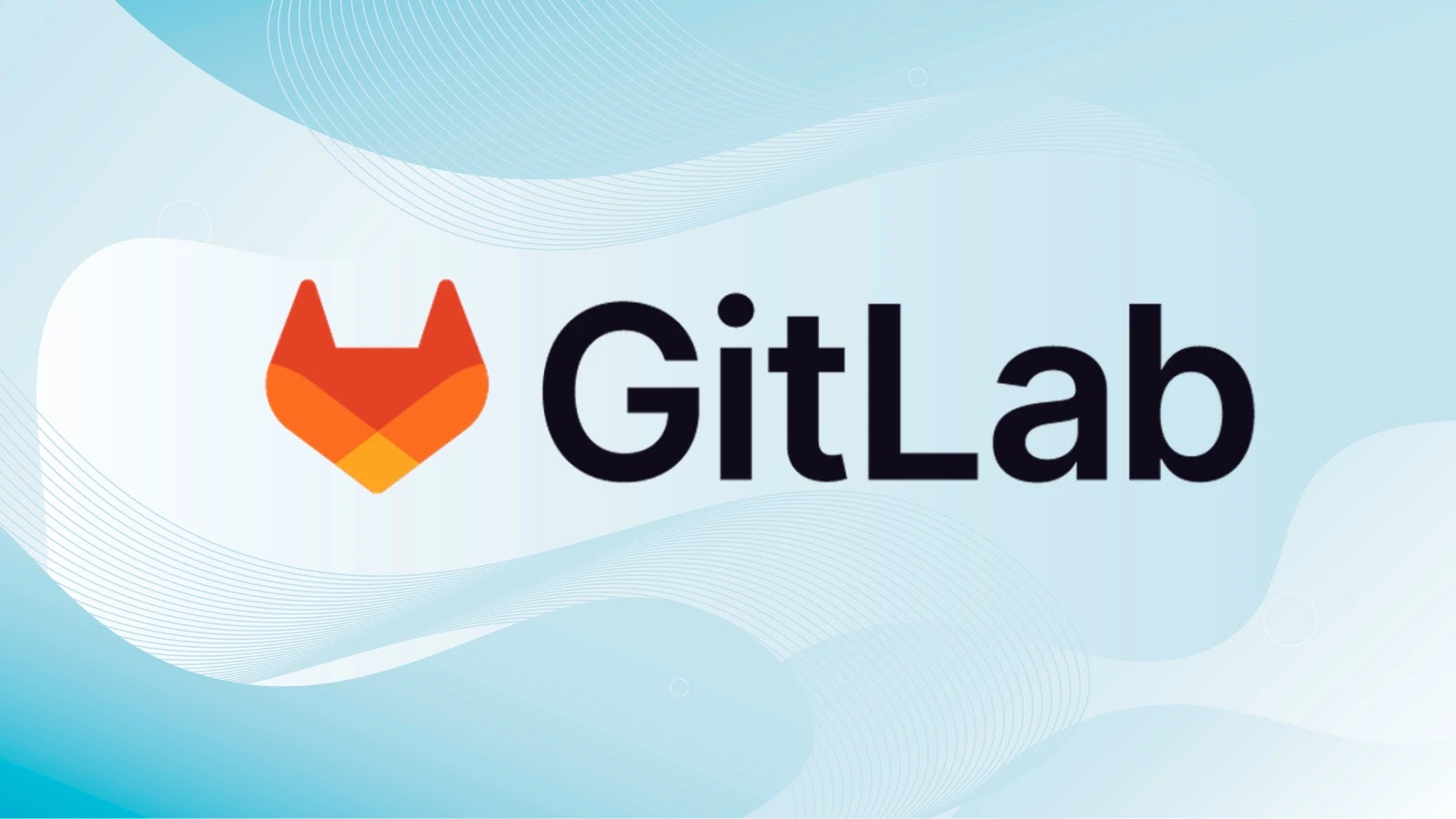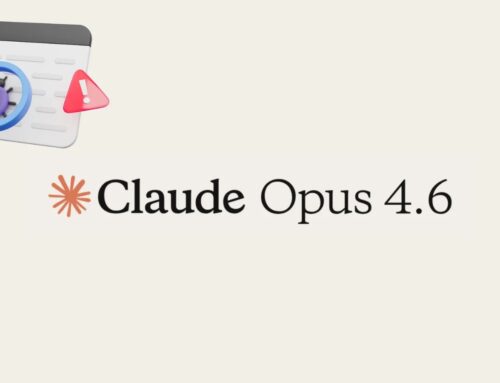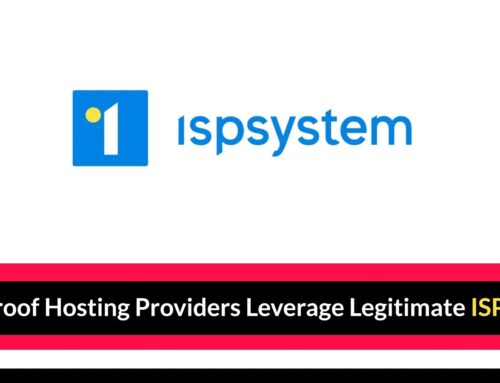
Multiple GitLab Vulnerabilities Enables Account Takeover and Stored XSS Exploitation
Organizations worldwide rely on GitLab for their software development lifecycle, from version control to continuous integration and deployment. A breach in such a critical platform can have devastating consequences, ranging from intellectual property theft to complete system compromise. Recently, GitLab issued urgent security patches to address multiple high-severity vulnerabilities, posing significant risks of account takeover and stored cross-site scripting (XSS) exploitation. Understanding the nature of these flaws and implementing immediate remediation is paramount for maintaining robust security posture.
Critical Vulnerabilities Disclosed in GitLab
GitLab has promptly addressed three significant security flaws impacting both GitLab Community Edition (CE) and Enterprise Edition (EE). These vulnerabilities, if exploited, could allow unauthorized attackers to gain control over user accounts and inject malicious scripts that execute within legitimate users’ browsers. Such attacks can lead to data theft, session hijacking, defacement, or even the redistribution of malware.
- One of the critical vulnerabilities facilitates account takeover, potentially allowing an attacker to impersonate a legitimate user and access their repositories, projects, and sensitive data.
- Another set of flaws enables stored cross-site scripting (XSS) exploitation. Unlike reflected XSS, stored XSS persists on the server, meaning that once the malicious script is injected, it will be delivered to every user who accesses the compromised page, leading to widespread compromise.
Affected GitLab Versions and Release Dates
The emergency patches were released on August 13, 2025, underscoring the severity and immediate threat posed by these vulnerabilities. Organizations running vulnerable versions of GitLab are at significant risk and must prioritize immediate updates.
The following GitLab CE and EE versions are specifically affected:
- Version 18.2.2
- Version 18.1.4
- Version 18.0.6
It is crucial to note that earlier versions not listed here might still be vulnerable to other known or unknown exploits. However, this specific patch addresses the critical vulnerabilities discovered and fixed on this date.
Understanding the Impact: Account Takeover and Stored XSS
Let’s delve deeper into the potential ramifications of these exploits:
Account Takeover
An account takeover vulnerability essentially means an attacker can gain unauthorized access to a user’s account. In the context of GitLab, this could grant them access to source code, private projects, sensitive configuration files, and even the ability to push malicious code into official repositories. The implications are severe, potentially leading to:
- Intellectual property theft.
- Supply chain attacks by injecting malicious code into projects.
- Unauthorized data exfiltration.
- Reputational damage due to compromised projects.
Stored Cross-Site Scripting (XSS)
Stored XSS is a persistent form of web vulnerability where malicious scripts are permanently stored on a target server. When other users access the affected web page, their browsers execute the stored malicious script. For GitLab, this could manifest in areas where user input is displayed, such as comments, issue descriptions, or commit messages. The potential impacts include:
- Session hijacking, allowing attackers to impersonate legitimate users without needing their credentials.
- Defacement of project pages or user profiles.
- Redirection of users to malicious websites.
- Execution of arbitrary actions within the victim’s browser, potentially leading to further compromise.
Remediation Actions: Patch and Protect Your GitLab Instances
Immediate action is required to mitigate the risks posed by these GitLab vulnerabilities. The primary and most effective remediation is to update your GitLab instances to the latest patched versions. Organizations should follow these steps diligently:
- Identify Affected Instances: Determine all GitLab CE and EE instances within your environment and their current versions.
- Plan Your Update: Schedule maintenance windows to minimize disruption. Review GitLab’s official upgrade documentation for specific instructions tailored to your current version and deployment method.
- Backup Your Data: Before initiating any upgrade, perform a full backup of your GitLab instance, including configuration files, databases, and repositories. This is a critical step for disaster recovery.
- Perform the Upgrade: Update your GitLab instances to the latest secure versions. As of this advisory, this implies upgrading beyond versions 18.2.2, 18.1.4, and 18.0.6. Always aim for the very latest stable release available.
- Verify the Update: After the upgrade, confirm that your GitLab instance is running the new version and that all functionalities are operating as expected.
- Monitor Logs: Continuously monitor GitLab access logs and security incident monitoring systems for any suspicious activity, especially after the update.
- Implement Least Privilege: Ensure that all GitLab users and service accounts operate with the minimum necessary permissions.
- Security Audits: Regularly perform security audits and vulnerability scans on your GitLab instances and the underlying infrastructure.
Relevant Tools for Detection and Mitigation
Leveraging appropriate tools can significantly aid in identifying vulnerabilities and securing your GitLab environment. While patching is the ultimate solution for these specific flaws, these tools contribute to an overall strong security posture.
| Tool Name | Purpose | Link |
|---|---|---|
| GitLab Security Scanners | Built-in security testing for SAST, DAST, Dependency Scanning, Container Scanning, Secret Detection within CI/CD pipelines. | https://docs.gitlab.com/ee/user/application_security/ |
| OWASP ZAP (Zed Attack Proxy) | Open-source web application security scanner for DAST, identifying XSS and other common web vulnerabilities. | https://www.zaproxy.org/ |
| Nessus | Vulnerability scanner that can detect out-of-date software, including GitLab installations, and identify known vulnerabilities. | https://www.tenable.com/products/nessus |
| Snort/Suricata | Intrusion Detection/Prevention Systems (IDS/IPS) that can detect suspicious traffic patterns indicative of exploitation attempts. | https://www.snort.org/ (Snort) https://suricata-ids.org/ (Suricata) |
Conclusion
The disclosure and subsequent patching of these critical GitLab vulnerabilities highlight the continuous need for vigilance in cybersecurity. Account takeover and stored XSS exploits pose direct threats to intellectual property, operational integrity, and user trust. Organizations leveraging GitLab must act promptly to apply the necessary security updates released on August 13, 2025. Proactive patching, coupled with strong security practices and regular monitoring, remains the most effective defense against evolving cyber threats.





